Click through to the Best of 2021 to discover the Newsworthy articles with greatest impact: whether by highest page views, social media engagement or winning national awards.
- Highly Commended in the 2021 Ossie Awards for student journalism in the John Newfong Prize for reporting on Indigenous affairs.
Twenty-one years after Cathy Freeman stood in a ring of fire to light the Olympic cauldron and momentarily unite a nation, Australia will send a record 16 Indigenous athletes to the Tokyo Games.
Across 28 Summer Games prior to Tokyo, only 51 First Nations people have represented Australia, 1.27 per cent of all Summer Olympians, despite First Nations Australians making up 3 per cent of the population. It was not until 1964 that the first Indigenous athletes were selected in the Australian Olympic Team, basketballer Michael Ah Matt and boxers Adrain Blair and Francis Roberts.
The Tokyo 2020 team will include 16 Indigenous athletes, increasing the representation within the team to a record 3.3 per cent. That milestone draws upon the legacy of selecting Freeman to light the cauldron at the Sydney Olympics, a piece of symbolism lost on no one. "It was the first time Australia said, 'we're proud of our Indigenous heritage'," said Kyle Vander Kuyp, Freeman's Sydney 2000 Indigenous Olympic teammate. It was a moment of inspiration and hope, fuelled further when Freeman won gold in the 400 metres and did a lap of honour draped in both the Aboriginal and Australian flags.
However, Stan Grant, journalist, Indigenous activist and Global Affairs Professor at Griffith University, says "in Australia, we're probably much more comfortable with tokenism and symbolism than we are with actually significant change".
"I was there [when Cathy Freeman lit the cauldron] I couldn't help but have a feeling of sadness as well, feeling quite alone. Here was all of Australia, there to cheer Cathy on, she was a symbol of so much hope and yet I know, growing up, I was never made to feel a part of this country," Grant said.
"We have the worst outcomes in health, housing, employment and education and, you know, no athlete can change that. No gold medal can change that. What Cathy did is offer us a chance to believe in something better. To make us feel as if we can be one country, rather than a country that's endlessly divided over its history."
"It was an incredible moment. In those moments, you're getting opportunities to see what Australia could be."
'I probably waited nearly half my lifetime to see sport embrace Indigenous culture.'
The Australian Olympic Committee's (AOC) Head of Public Affairs, Strath Gordon echoed the importance of representation and the role Freeman played. "Cathy inspired a generation, as there are more role models in time, that will inspire more young Indigenous people to find the sport that suits them".
Gordon knows there is much more work to be done, confirming the Reconciliation Action Plan released by the AOC earlier this year, "is a first step and not a last step. There is always further to go". The AOC's Olympics Unleashed, which runs across five states with more than 180,000 participants, is part of the strategy to encourage Indigenous participation.
"We have Olympians going into communities, talking about goals. It's important to take pride in who you are, to overcome obstacles, and withstand the things that life throws at us," Gordon said.
Vander Kuyp, a member of the AOC's Indigenous Advisory Committee believes growing representation, pathways and inclusiveness in sports associations and communities are key to maintaining this momentum.
"Making our sports a bit more welcoming, a bit more culturally safe and sport now going, our doors are open, our hearts are open, our arms are open, come into our sport," he said.
"As a kid, it was always I want to wear green and gold and I want to run for Australia, I probably waited nearly half my lifetime to see sport embrace Indigenous culture," Vander Kuyp said.
For Grant, it's about equality of opportunity. "Aboriginal people, we're constantly getting the message we're people who fail, people who suffer, but that's not all we are. Aboriginal people are resilient, have survived, we're courageous, we're talented.
"Until an Aboriginal kid can walk into the world, the same way that everyone else can and say, 'on the basis of my ability and hard work, I'm going to make it'. Until we can get to that point, we really can't be satisfied."
For that to happen, Grant believes all Australians must embrace the desire for that outcome.
"Those two flags could be for all of us… it's all of our country, we all belong here."
This year's Tokyo team is evidence of a step in the right direction.

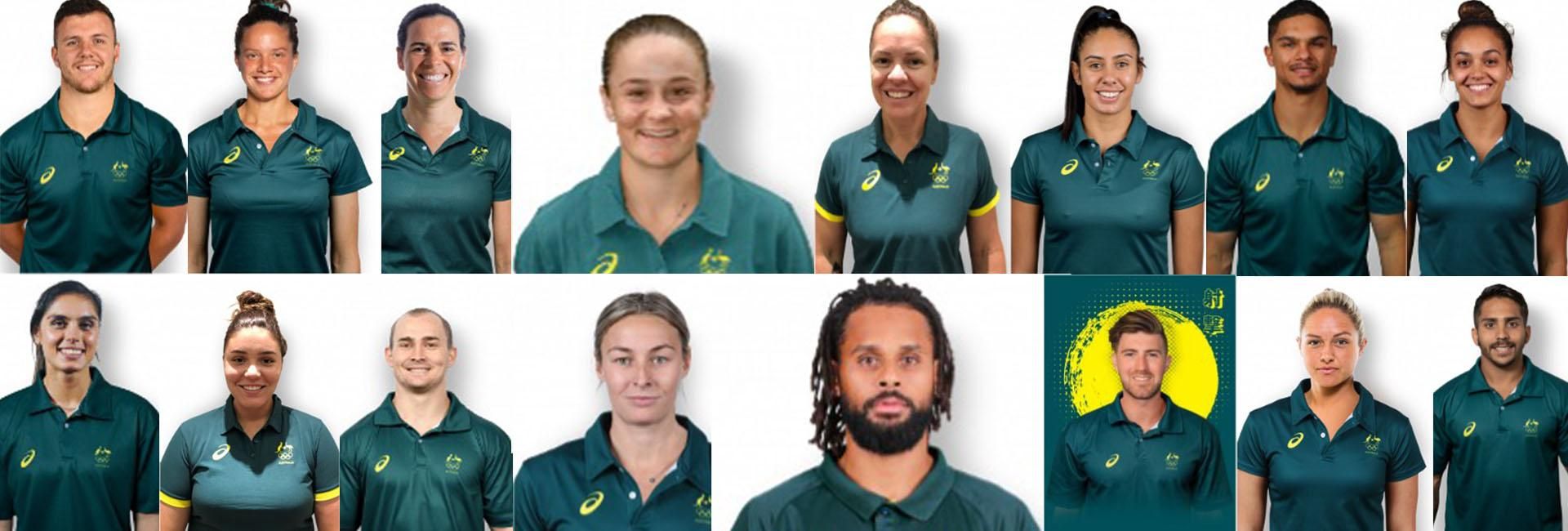
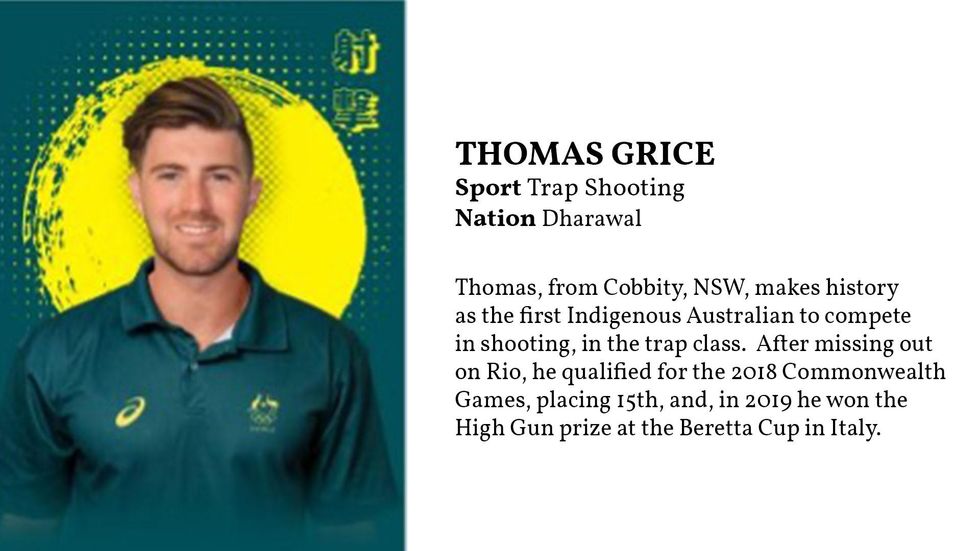
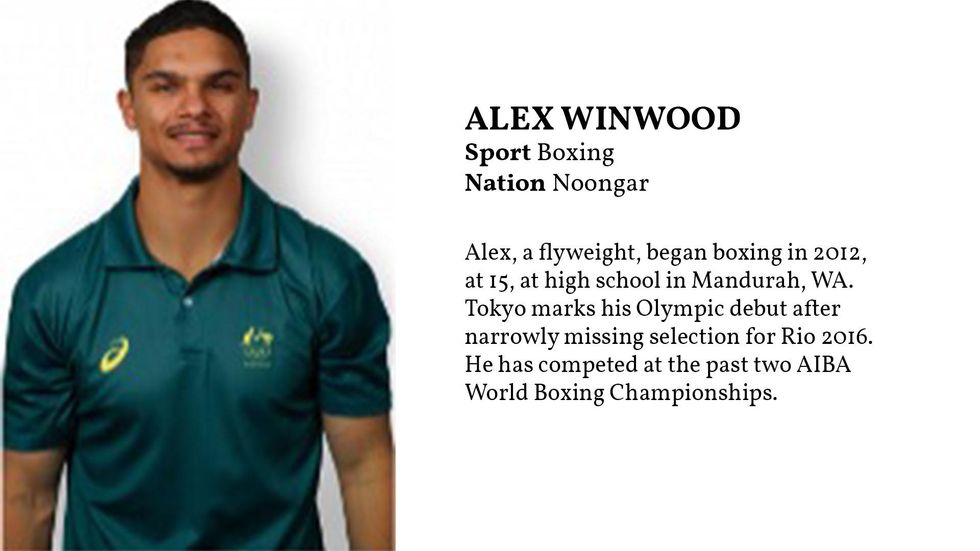
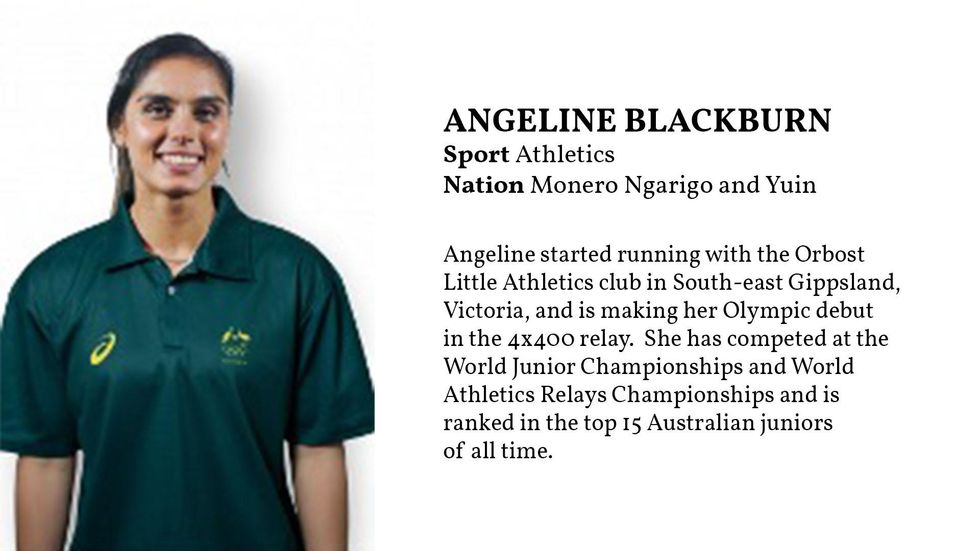
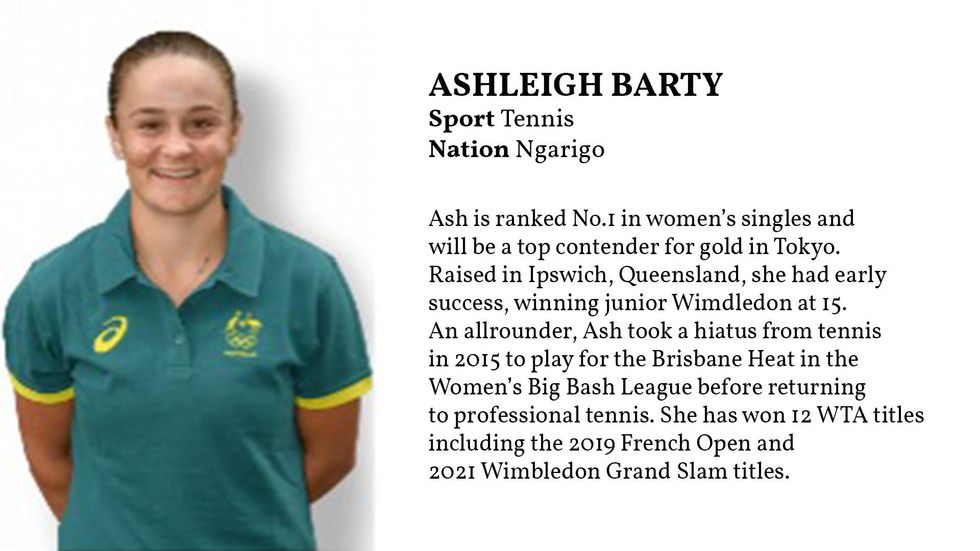
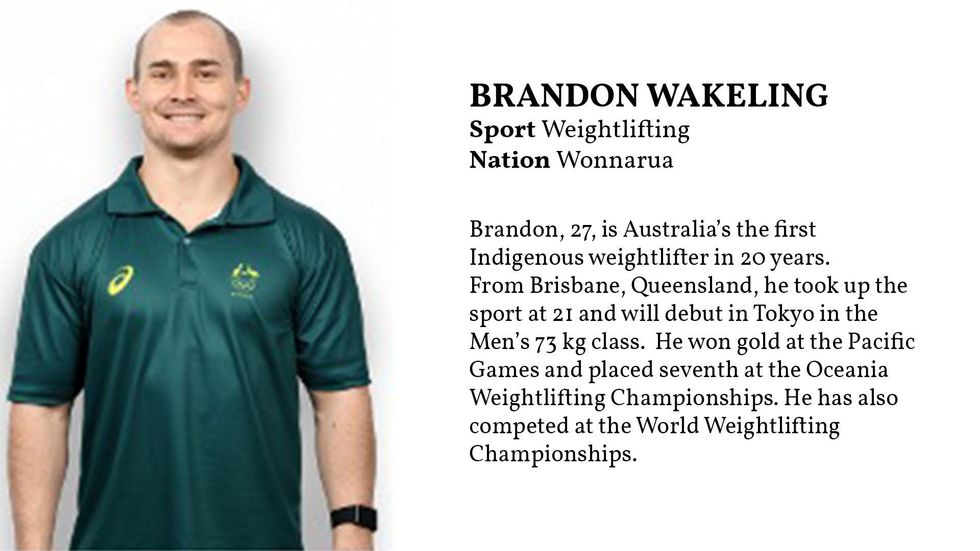
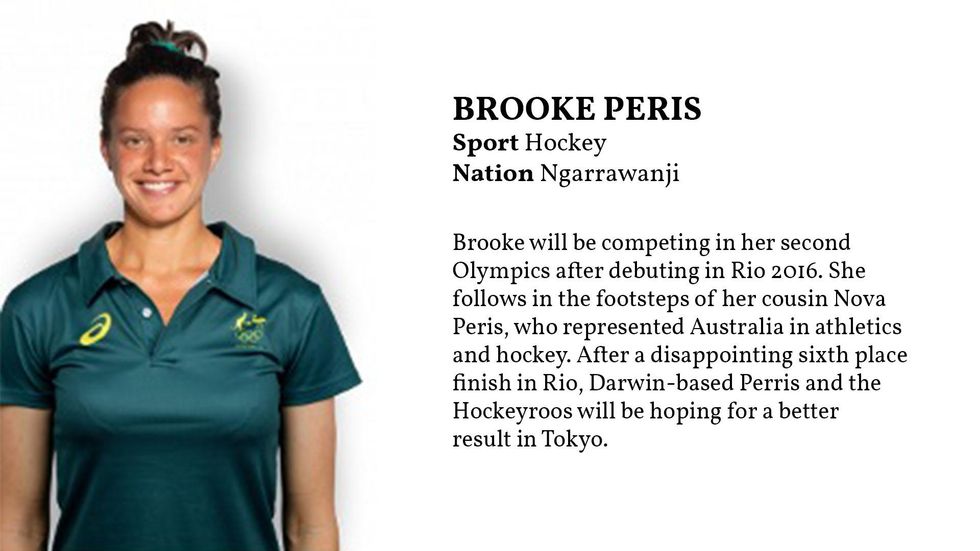
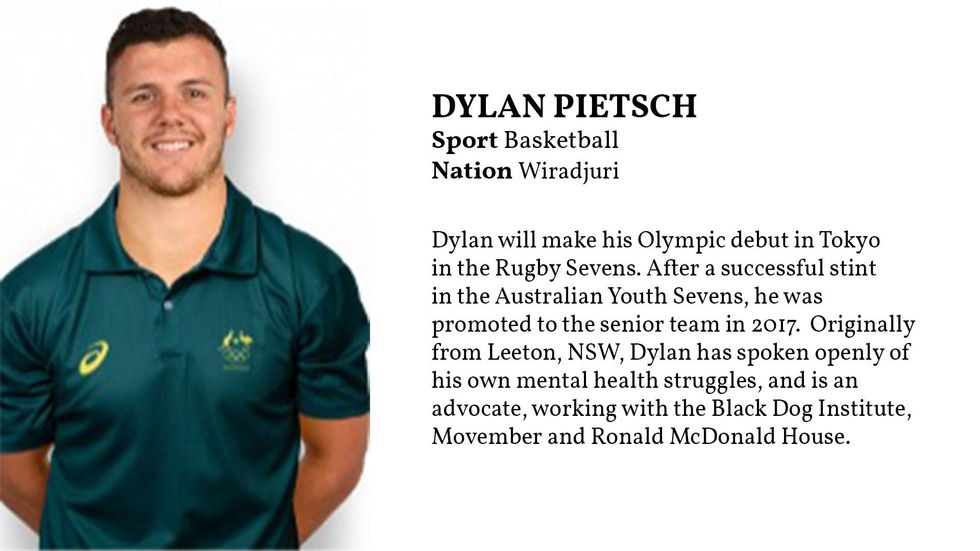
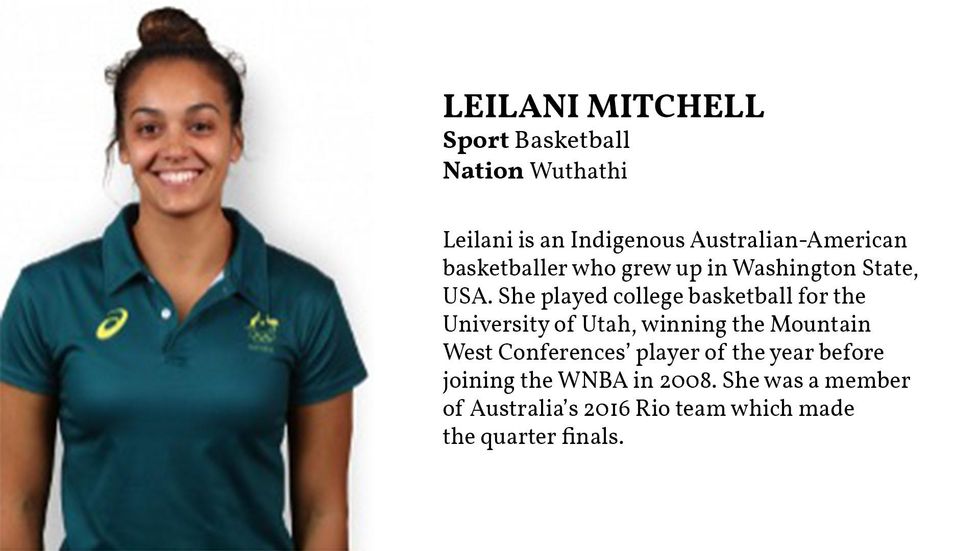
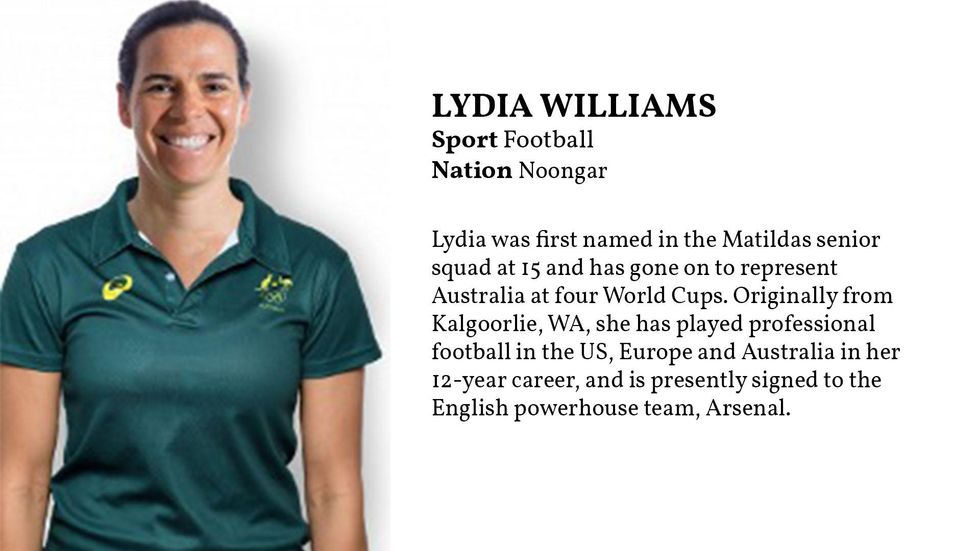
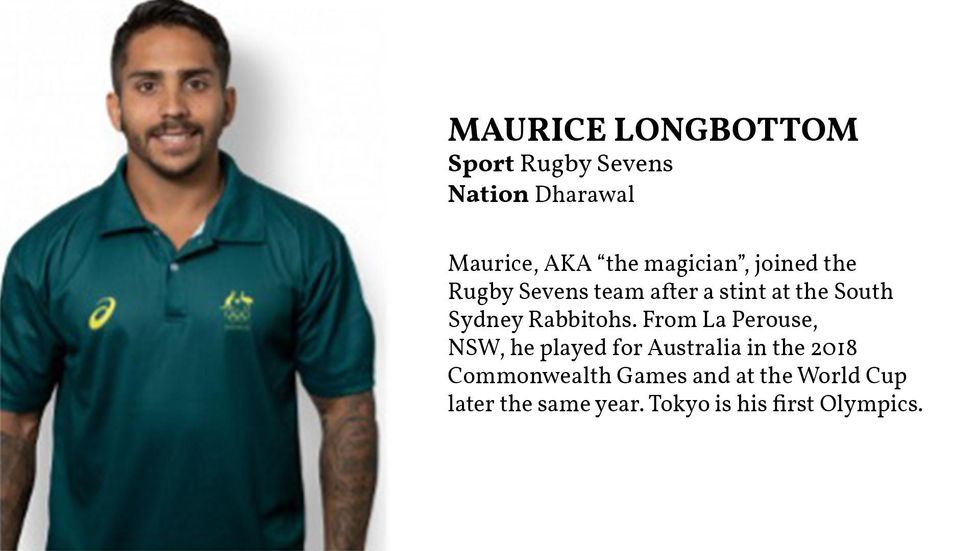
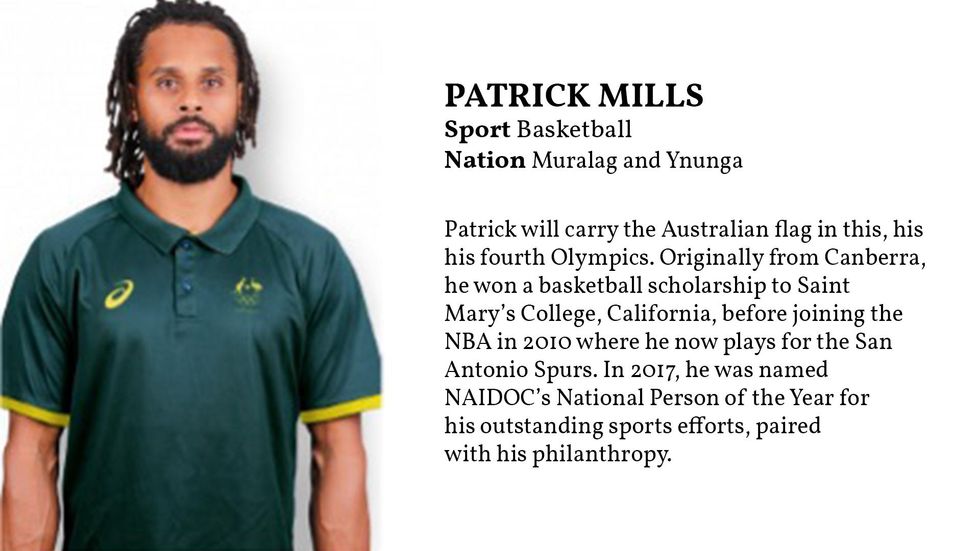
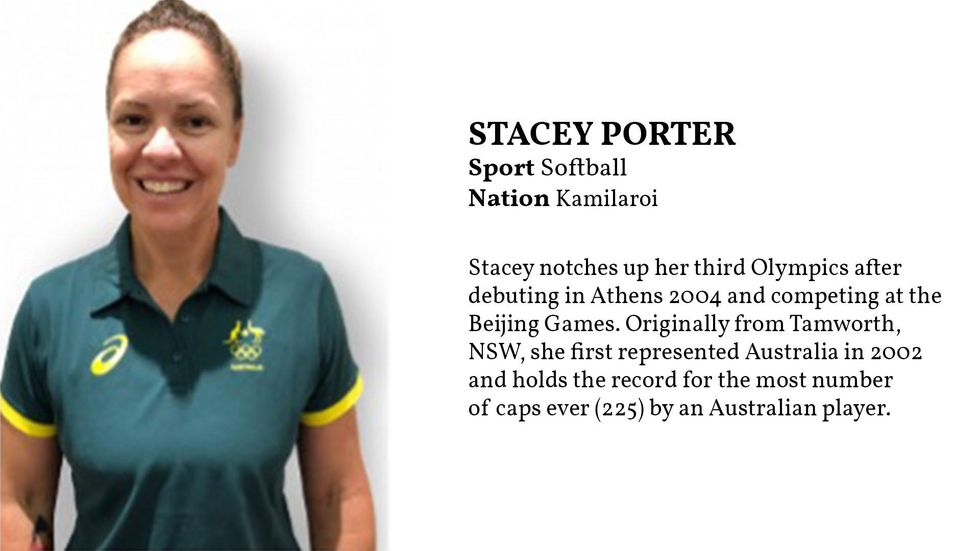
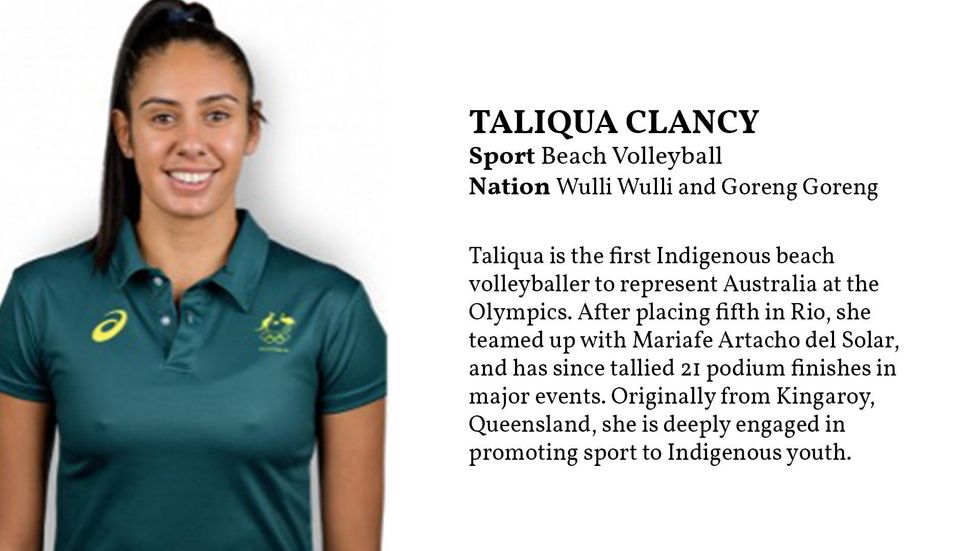
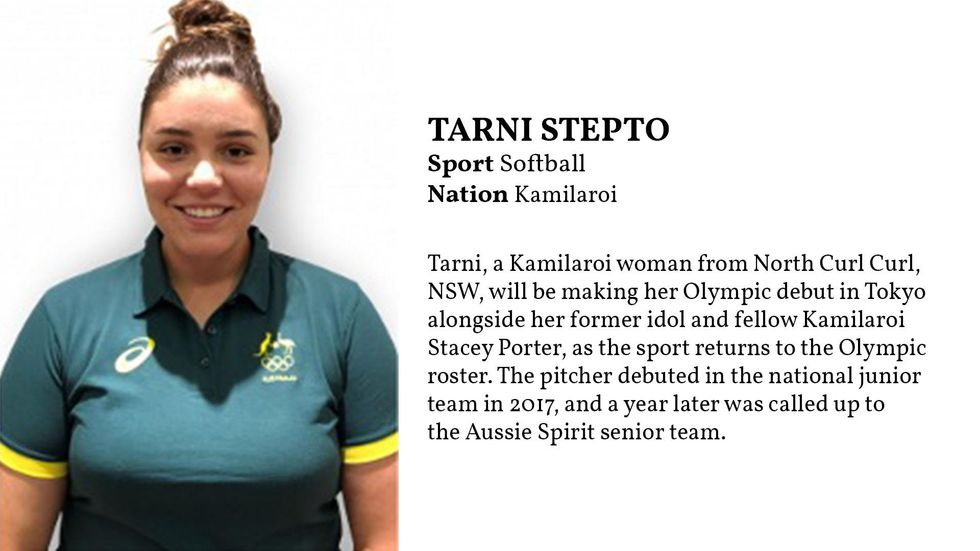
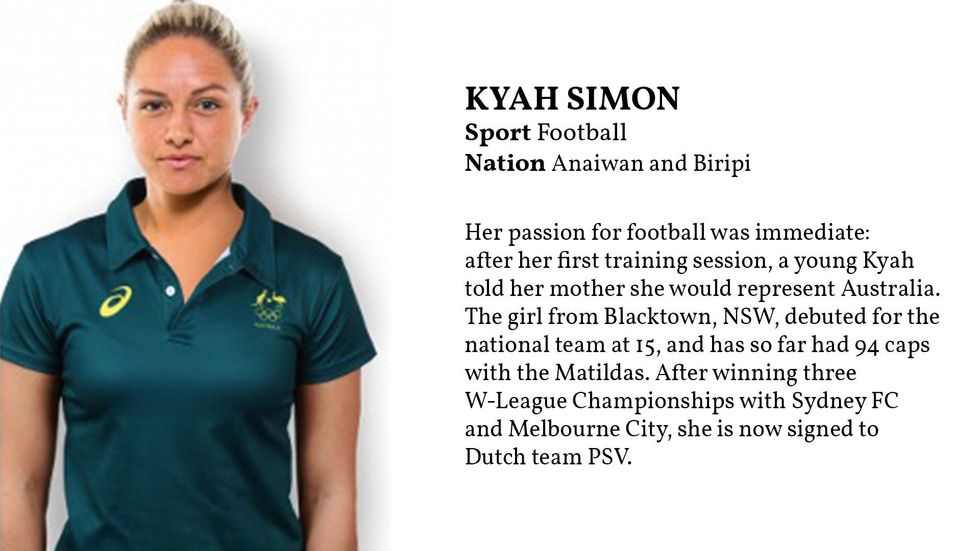
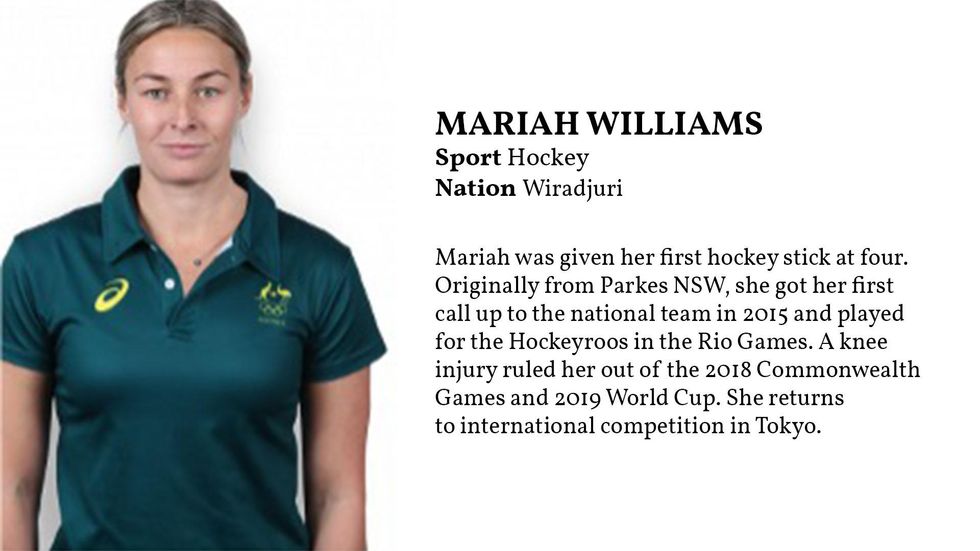




Afraid of an egg: the tyranny of living with social media's body standards